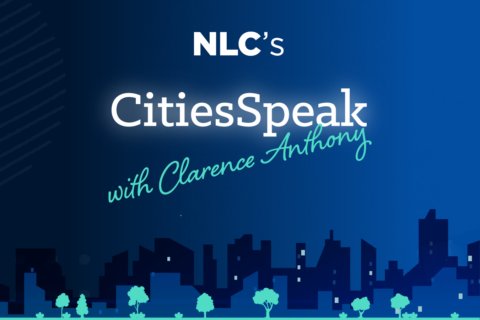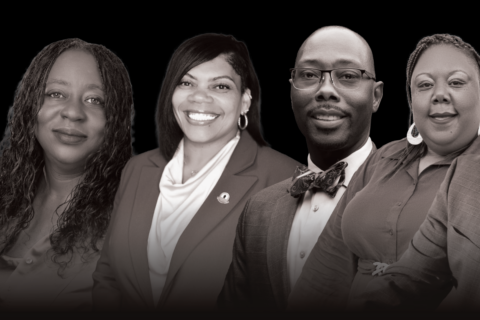In Chattanooga, Tennessee, open data plays a significant role in the Mayor’s Office. When Mayor Andy Berke created the Office of Performance Management and Open Data (OPMOD) in 2014, the city started on a journey to become a more data-driven and high-performing government. From reporting performance measures on safer streets and stronger neighborhoods, to granular budget and expenditure detail, residents and business owners, as well as government workers themselves, have better access to critical insights on what’s happening across the city.
Recently, Chattanooga started using data to connect the dots to address systemic equity challenges. Following the introduction of the 21st Century Policing Initiative in 2015, under President Barack Obama, the Mayor’s Office and Police Department strengthened their partnership to review and prepare policing data to be released to the public. In early 2020, following the social uprising calling for justice and racial equity, the city prioritized this effort and published the city’s Policing & Racial Equity dashboard.
The dashboard combines public safety data with census demographics, information on recidivism reduction programs, neighborhood-based planning, and even the local budget. This holistic analysis produces insights that help create a safer, stronger, more resilient community.

This effort also supports the city’s police department in addressing how economic-based citations impact the community and sheds light on potential partnerships to help police solve these issues. In addition, the data is guiding conversations with local pastors, public defenders and residents. Recently, the city held a community webinar hosted via Facebook where residents were trained on how to use the new dashboard and discussed the possible implications of the data.
The Chattanooga Police Department has long recognized the importance of being transparent in building community trust. Having the former police chief, Fred Fletcher, and current chief, David Roddy, both supportive of transparency initiatives has helped secure buy-in from the entire police force to open this data up for the community to use. Each Monday morning, Mayor Berke meets with the police chief to review the dashboard, identify areas for improvements, and recognize what’s working well.
Mayors across the country are looking for better ways to improve equitable practices in their communities. Cities including Memphis, Tennessee, and Little Rock, Arkansas, have already sought support from Chattanooga to help their effort to release data in a similar fashion. Local government partnerships like this help move the needle across geographic boundaries.
As part of the effort to address racial equity in policing, Mayor Berke also created an entirely new office for the city: The Office of Community Resilience (OCR). The OCR was introduced in June 2020 with close collaboration between several key stakeholder groups: OPMOD, the Police Department, and the Youth and Family Development Department, and City Council.
From the start, data played an important role in the design of the OCR. This office was created to reform internal systems and community linkages to decrease the impacts of law enforcement and the criminal justice system on communities of color and other vulnerable populations. The city looked at call for service data from 911 systems to analyze call types, call locations, and call frequency so they could test out different staffing scenarios. The city is now building out a community action board and recruiting full-time OCR staff.
Chattanooga follows these steps in their data journey to support high-impact initiatives:
- Show how data is a priority for leadership
- Make it someone’s job
- Build good data governance models
- Build solid data pipelines
- Build internal capacity to use and leverage data
- Build relationships and trust between the data team and your departments
These guiding principles ensure that data programs have the architecture to develop necessary insights. And, this work, when applied to racial equity and policing will help facilitate meaningful conversations and surface solutions to help minority communities.
Learn more
Read more on Chattanooga’s policing and racial equity dashboard.










